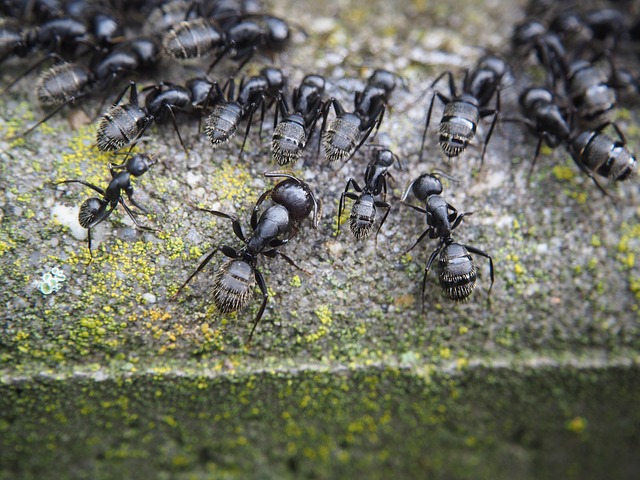If you are in the majority of people you are likely to enjoy some form of meat be it be from a steak, tuna or chicken but what about a bug? With the growing demands on the planet due to more people and increasing wealth in previously poorer nations the demand for meat in increasing at a rate which is unlikely to be sustainable into the future. So what is the solution? One alternative with increasing interest within the science community is to redirect the source of the protein to another species, the insect. Before you stop reading this article out of pure disgust insects may have more nutritional goodness than what you expect.
Firstly, you may know already that eating insects is not a new idea and up to 2000 different species of insects are eaten throughout the world already. When comparing gram per gram of protein from an insect to other more conventional meat sources the protein content is surprisingly similar with most insects being 60% protein. Most insects also provide all your essential amino acids your body needs to create protein. The second largest component of insects is fat ranging from around 13-67% depending on the species. However insects may win the nutrition battle here over red and white meats as they contain more of the healthy polyunsaturated fatty acids over the saturated fat found in white and red meat which increases your cholesterol and risk of heart disease.
To toot nutritional horn of insects further they can also provide you with a good source of iron needed to help transport oxygen around your body, zinc needed for immune support, wound healing and to break down carbohydrate, copper and manganese which helps reactions in your body work effectively and magnesium which helps create energy or ATP in your body.
What has previously stopped the Western World from jumping on board the insect wagon? Firstly the temperature zones mean the bugs are smaller and there are less, this may mean the need for specialised facilities to optimise the temperature and growth of the insects. Secondly the desire to eat insects is not very strong and there is a common misconception that most insects are poisonous. You may be pleasantly surprised to know that <0·2 % of the insects in the world are actually poisonous to humans, plants or animals.
How can eating insects be better for the planet? Based on per kilogram of protein produced they admit very low greenhouse gas emissions compared to meat, remember a happy planet leads to healthier people. The food industry in Europe has already started enjoy insects as an alternative meat source, for example one supermarket chain in the Netherlands with over 500 outlets sells nuggets, burgers and schnitzels containing approximately 16% lesser mealworm flour.
If you are worried about the food safety of producing insects for food this is something which is currently being worked on by food scientists as insects need to be produced in a way which minimises the pesticides and other contaminants which can affect the final product. So stay tuned here but know in Australia we have a very high standard of food safety and Food Standards Australia and New Zealand will not release products which is unsafe to the Australian population.
Take Home Message: If you are a fan of The Lion King, Timon and Pumbaa may have actually been onto something with their love of bugs. Anyone up for a grasshopper burger with a side of crispy caterpillar fries?
Reference:
van Huis, A. (2016). Edible insects are the future? The Proceedings of the Nutrition Society, 75(3), 294-305. doi:http://dx.doi.org/10.1017/S0029665116000069








